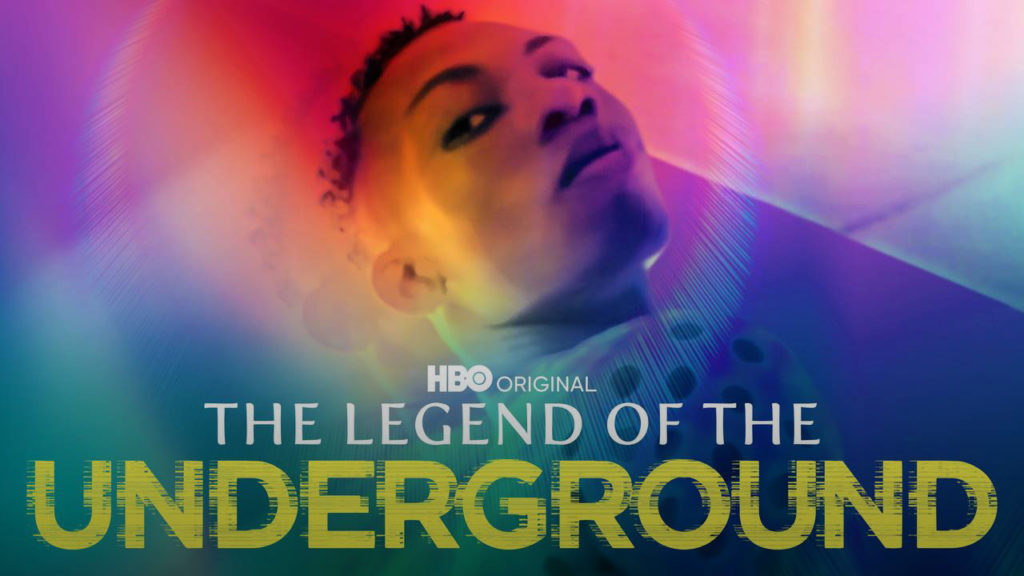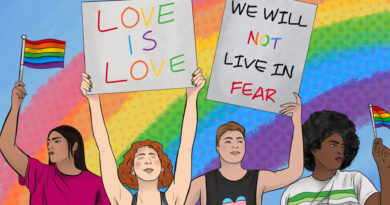HBO’s The Legend Of The Underground Showcases LGBTQ+ Resiliency
The HBO documentary, Legend of the Underground, is a vibrant story of a daring and diverse group of Nigerian non-conformist adolescents that fight state-sanctioned violence and discrimination.
While some leave Nigeria to protest and raise awareness from afar, others choose to stay and create safe spaces for those who challenge gender roles.
Co-directors Nneka Onuorah and Giselle Bailey put their filmmaking skills together to tell the story of pervasive injustice. In 2014, Nigeria passed a law called the Same-Sex Marriage Prohibition banning homosexuality. The law does not allow gay people to gather in public. It is a crime punishable by 14 years in prison.
Throughout the documentary, viewers follow Mikael Ighadaro, a Nigerian activist living in New York City, who fled Nigeria due to the discrimination he faced for more than a decade.
At the beginning of the documentary, he explains how difficult it is to be gay in Nigeria and that people have to resort to speaking in codes. For example, people say they are “going to the market” instead of they are hooking up or they say “TB” to ask if someone is gay.
Ighadaro eventually comes back to Nigeria to meet the people leading the fight for equality.
James Brown, a dancer who was arrested in 2018 along with about 57 men, is also someone the documentary focuses on.
Brown became famous after a video of him protesting his arrest went viral. In the film, he deals with his newfound role of being a spokesperson of sorts for the movement.
The documentary also reveals a lot of heartbreaking situations that happened to Brown during his childhood that helped him become the confident and personable person he is today.
There are also people throughout the documentary that recount experiences of being kicked out of their homes and churches because of their sexuality.
The documentary is visually stunning and pulls no punches. One moment, it displays the glamorous nature of the Nigerian underground before cutting to violent examples of police violence in a montage-like reel.
The montage is pieced together by a playlist of Nigerian melodies and audacious, sexual rap music. Celebrations fraught with makeup, dancing and costumes are violently interrupted by scenes of protest and heart-wrenching discrimination.
Overall, The Legend of the Underground is a touching story of chosen family, friendships, and resiliency in the face of discrimination.
While it’s still a testament to how far we have to go, viewers can marvel at the resiliency of those dedicated to living authentically.




